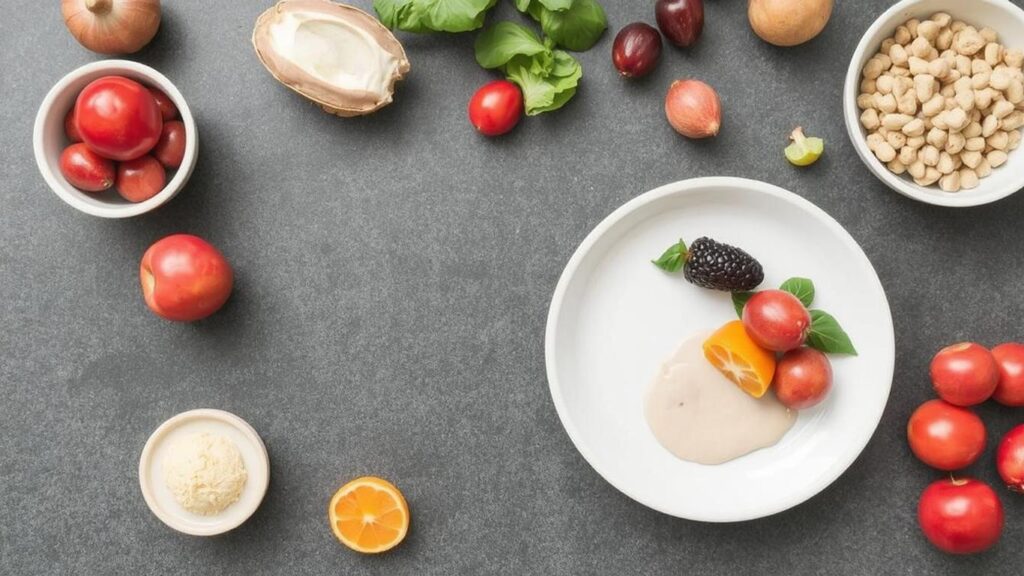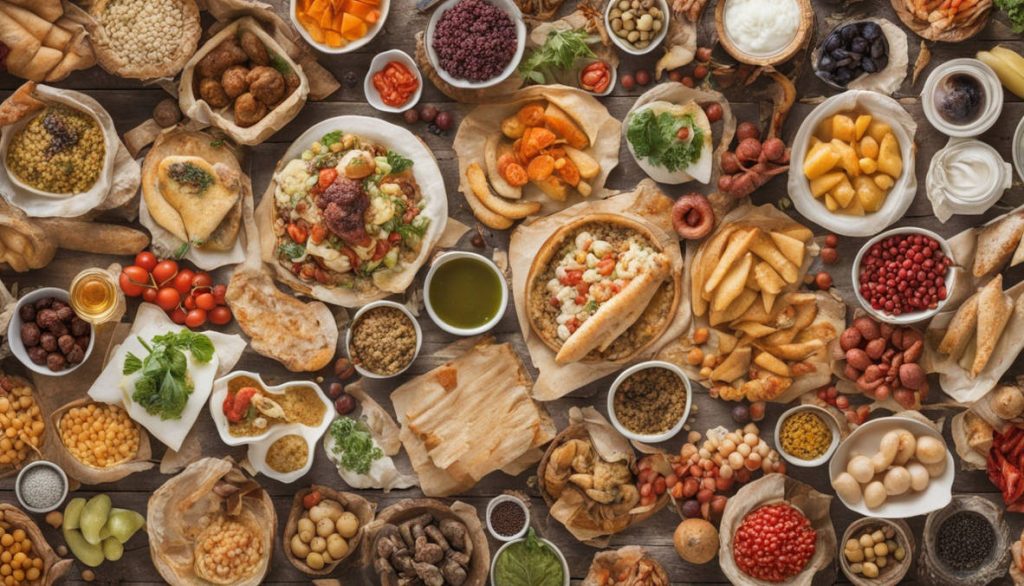Protein plays a critical role in the human body, from building muscles to supporting immune function. However, for vegetarians, meeting daily protein needs can be a challenge if the diet isn’t well-planned. The good news? There are plenty of plant-based protein sources that are nutritious, delicious, and readily available.
If you are a vegetarian or looking to reduce meat consumption, this list of top protein sources will help you make informed choices—even if you’re following a sugar patient diet, where blood sugar stability is crucial.
1. Lentils and Legumes
Lentils like moong dal, masoor dal, and chana dal are protein-rich, affordable, and versatile. One cup of cooked lentils offers around 18 grams of protein along with a good dose of fiber and iron. They are excellent for soups, stews, salads, and even as burger patties.
2. Chickpeas (Chana)
Chickpeas are a powerhouse of nutrition. Whether roasted, boiled, or ground into hummus, chickpeas provide about 15 grams of protein per cup. They’re also low on the glycemic index, making them suitable for people managing diabetes.
3. Tofu and Tempeh
Derived from soybeans, tofu and tempeh are complete proteins, meaning they provide all nine essential amino acids. Tofu can be added to stir-fries, salads, or curries, while tempeh has a firmer texture and nutty flavor ideal for grilling.
4. Paneer (Indian Cottage Cheese)
Paneer is rich in casein protein and calcium. It’s a go-to ingredient in Indian households and can be used in everything from tikka to bhurji. If you’re calorie-conscious, opt for low-fat paneer.
5. Greek Yogurt and Curd
Dairy is an excellent vegetarian source of protein. Greek yogurt, in particular, contains nearly double the protein of regular yogurt. Add it to smoothies, use it as a dip, or enjoy it as a snack with some fruits.
6. Nuts and Seeds
Almonds, peanuts, chia seeds, sunflower seeds, and flaxseeds offer protein along with healthy fats and fiber. A handful of almonds or a spoonful of peanut butter can be a great energy-boosting snack.
7. Quinoa
Unlike most grains, quinoa is a complete protein. One cup of cooked quinoa delivers around 8 grams of protein. It’s gluten-free and quick to cook, making it a perfect base for salads and bowl meals.
8. Soy Milk and Fortified Plant Milks
For those who avoid dairy, soy milk is a great protein alternative with about 7 grams of protein per cup. Choose unsweetened and fortified varieties to get added vitamins like B12 and calcium.
9. Whole Grains
Brown rice, oats, and whole wheat not only provide carbohydrates but also a decent amount of protein. Combine them with legumes or vegetables for a complete, nutrient-dense meal.
10. Spirulina
Spirulina, a type of blue-green algae, is an emerging superfood in vegetarian diets. Just one tablespoon provides about 4 grams of protein along with iron, B vitamins, and antioxidants. It’s best consumed in smoothies or mixed with water.
Conclusion
Vegetarians have no shortage of excellent protein sources—they just need to be a little mindful in selecting the right ones. Whether you’re managing a sugar patient diet or simply trying to eat healthier, combining a variety of these protein-rich foods will ensure you meet your daily requirements. Remember to mix and match these foods for optimal nutrition and taste!



